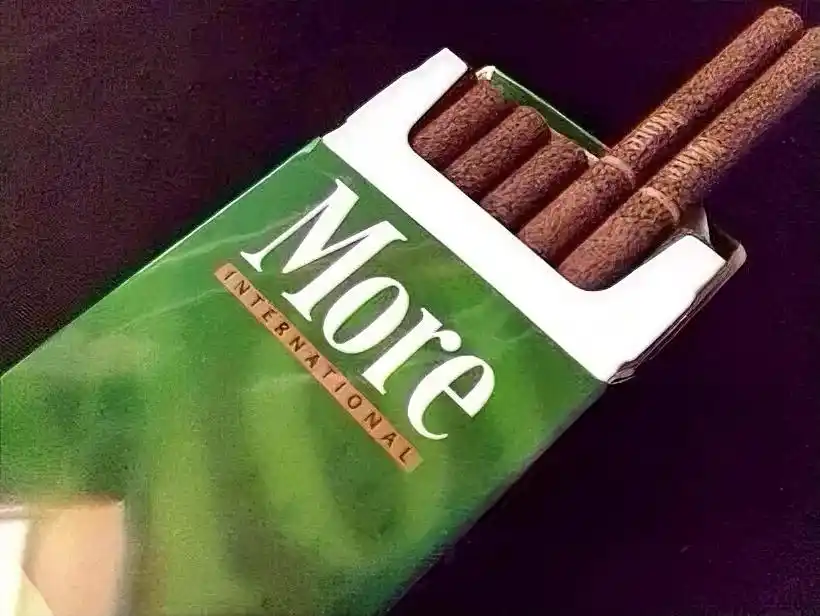Nighttime Cough During Smoking Withdrawal: Causes, Remedies, and Recovery
Introduction
Quitting smoking is a significant step toward better health, but the withdrawal process can bring unexpected symptoms—one of which is a persistent nighttime cough. Many former smokers experience increased coughing, especially at night, as their lungs begin to heal. Understanding why this happens and how to manage it can make the transition smoother.
This article explores the causes of nighttime coughing during smoking withdrawal, effective remedies, and long-term recovery strategies.
Why Does Nighttime Cough Occur After Quitting Smoking?
1. Cilia Regeneration
Cigarette smoke paralyzes and damages the tiny hair-like structures in the lungs called cilia, which help clear mucus and debris. When you quit smoking, these cilia start to recover, becoming more active. As they work to expel built-up toxins, they trigger coughing—especially at night when mucus accumulates.
2. Increased Mucus Production
Smoking irritates the airways, leading to excess mucus production. After quitting, the body begins to expel this mucus, resulting in a productive cough (a cough that brings up phlegm). Nighttime coughing worsens because lying down allows mucus to pool in the throat.
3. Postnasal Drip
Smoking cessation can also lead to postnasal drip, where mucus from the sinuses drips down the throat, causing irritation and coughing. This is more noticeable at night.
4. Withdrawal-Related Dryness
Nicotine withdrawal can cause dry throat and mouth, making the airways more sensitive and prone to coughing.
How Long Does Nighttime Cough Last After Quitting Smoking?
The duration varies, but most people experience:
- First 1-3 weeks: Peak coughing as cilia recover.
- 1-3 months: Gradual reduction in coughing.
- Beyond 3 months: Most people see significant improvement, though some may have occasional coughs for up to a year.
Effective Remedies for Nighttime Cough
1. Stay Hydrated
Drinking warm water, herbal teas, or broths helps thin mucus and soothe the throat. Avoid caffeine and alcohol, as they can dehydrate you.
2. Use a Humidifier
Dry air worsens coughing. A cool-mist humidifier adds moisture to the air, reducing throat irritation.
3. Elevate Your Head While Sleeping
Propping up your head with an extra pillow prevents mucus from pooling in your throat, reducing nighttime coughing.
4. Honey and Lemon
A mixture of honey and warm lemon water before bed can coat the throat, reducing irritation. (Note: Do not give honey to children under 1 year old.)
5. Over-the-Counter (OTC) Remedies
- Expectorants (e.g., guaifenesin) help loosen mucus.
- Cough suppressants (e.g., dextromethorphan) may be used for dry coughs, but avoid suppressing productive coughs too much.
6. Steam Inhalation
Breathing in steam from hot water (with or without eucalyptus oil) can open airways and loosen mucus.
7. Avoid Irritants
Stay away from dust, smoke, and strong perfumes, which can trigger coughing.
When to See a Doctor
While coughing is normal during withdrawal, consult a doctor if you experience:
- Blood in phlegm
- Wheezing or shortness of breath
- Fever or persistent cough beyond 3 months
These could indicate infections, chronic bronchitis, or other lung conditions.
Long-Term Recovery and Lung Healing
- Exercise: Improves lung function and speeds up detoxification.
- Deep Breathing Exercises: Helps clear the lungs.
- Healthy Diet: Antioxidant-rich foods (fruits, vegetables) support lung repair.
Conclusion
Nighttime coughing during smoking withdrawal is a temporary but necessary part of lung healing. By understanding its causes and using effective remedies, you can ease discomfort and support your body’s recovery. Stay patient—your lungs are repairing themselves, and the cough will fade with time.
Stay committed to quitting—your future self will thank you!
Tags: #SmokingCessation #QuitSmoking #NighttimeCough #LungHealth #WithdrawalSymptoms #HealthyLiving










